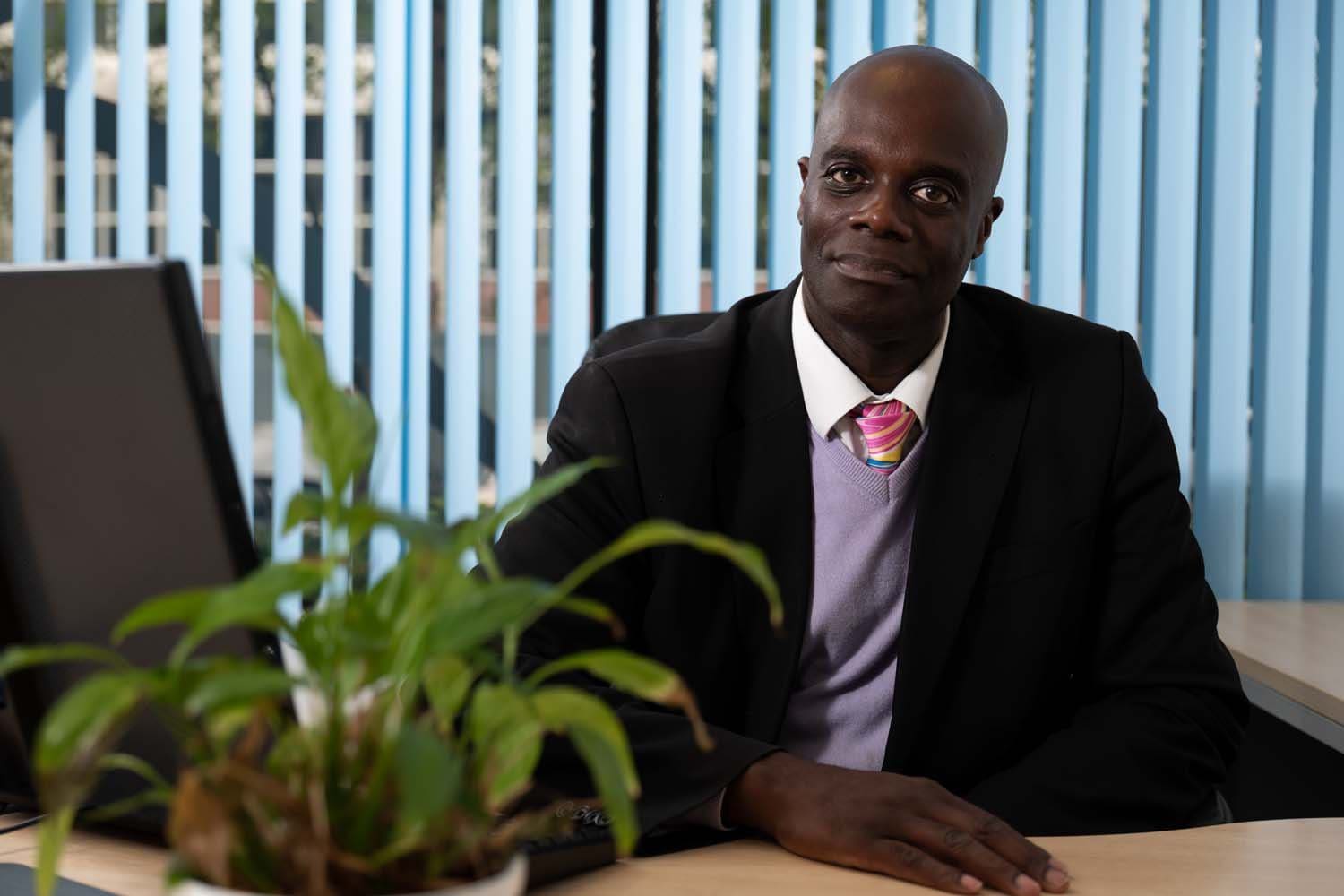Syvil Lloyd Morris Solicitor Advocate and co-founder
One perhaps inevitable, if not entirely anticipated, consequence of the government’s lockdown measures, in response to COVID-19, is that reports of domestic violence have significantly increased.
What has been described as ‘shocking statistics’ reveal a surge in domestic violence incidents that have severely stretched the resources of the police and other emergency services, as well as domestic violence charities and specialist helplines. The country’s largest domestic abuse charity has reported a 700% increase in calls by survivors of domestic abuse. A separate helpline has reported a 25% increase in calls from perpetrators wishing to change their behaviour.
Given some of the key causes of domestic violence – alcohol, drugs, poor mental health, long-term illness – the increase in reporting is not difficult to understand. A lockdown prevents both the abuser and the victim from accessing appropriate assistance, relief or protection. Victims have been stuck at home with actual or potential abusers; and as one domestic violence prevention campaign initiative puts it, ‘abusers always work from home’.
The current cross-governmental definition of domestic violence is: ‘any incident of threatening behaviour, violence or abuse (psychological, physical, sexual, financial or emotional) between adults who are or have been intimate partners or family members, regardless of gender or sexuality’ (Home Office 2005). When the Domestic Abuse Bill becomes law, the definition will become a statutory one.
It takes little analysis to come to the conclusion that domestic violence affects all races, all genders and all economic classes. Up to a quarter of women experience domestic violence at some stage of their lives, as do up to one sixth of all men. Also, the phenomena is not limited to a particular age-group, sexual orientation, or social group. It affects both the unemployed and the employed. In fact, there is no typical victim and no typical perpetrator.
Although notoriously difficult to evaluate, there have been a number of domestic violence prevention initiatives internationally, nationally, regionally and locally. Most have been aimed at women and girl victims. Some have deployed catchy slogans like, for example, No More (a global initiative), No Defence for Abuse (an Armed Forces initiative), and J9 Domestic Abuse Initiative (Essex regions). Locally, MK Act has published a COVID-19 message, reassuring victims that its team of volunteers and staff are continuing to work throughout the crisis.
Employers have not been slow to act either. The Employers’ Initiative on Domestic Abuse, described as ‘a network of small and large businesses working to enable employers to take action on domestic abuse’, has created a very useful resources web page. Also, the Home Office has created a COVID-19 employers’ pack, which deals with the issue, including guidance to employers as to how they can best reassure employees facing domestic abuse that the COVID-19 household isolation instructions do not apply to them.
Actually, it makes absolute sense for employers to make what happens at home their business, especially when the safe haven of work may have been removed from some victims. Or, as one very prominent politician – none other than the Conservative former prime minister Theresa May – has said: “(Employer involvement) is important from a social point of view, from the point of view of social justice and for the good of our society.” Addressing a recent event hosted by The Employers’ Initiative on Domestic Abuse, she went on to tell business leaders that there were important economic as well as social arguments for employers to show greater awareness of abuse.
Put bluntly, domestic abuse results in the loss of many billions of pounds to the economy. “There will be many days of employment lost, many days of work lost, by people who are suffering from domestic abuse but aren’t able to raise it within their employment environment,” said Mrs May.
Now that the restrictions in relation to the pandemic of COVID-19 are being lifted, it is hoped that the unrestricted campaign against the epidemic of domestic abuse will once again gain momentum.
For more information about Bastian Lloyd Morris, visit www.blmsolicitors.co.uk or call 01908 546580.













